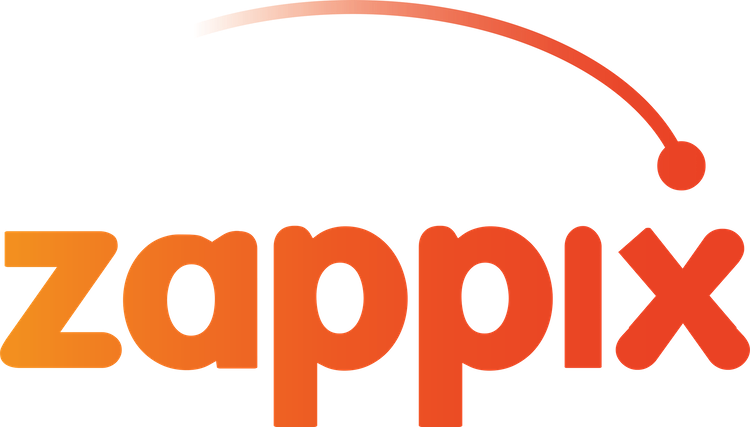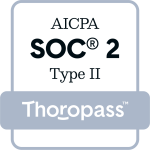IN the modern era of digital advancements, technology has brought about a revolution across numerous sectors, including healthcare. On-demand applications and digital platforms for patient engagement have emerged as potent instruments, reshaping the dynamics of patient interactions with healthcare providers and the way medical services are accessed. This article delves into the significance of on-demand apps and digital patient engagement within the realm of healthcare, accentuating their advantages and influence on patient experiences and results.
Convenient Access to Healthcare Services
On-demand apps provide patients with easy and convenient access to healthcare services. With a few taps on their smartphones, patients can schedule appointments, access medical records, request prescription refills, and even engage in virtual consultations. These apps eliminate the need for time-consuming phone calls and physical visits, enabling patients to manage their healthcare needs at their convenience. The accessibility offered by on-demand apps enhances patient satisfaction and promotes timely healthcare delivery.
Seamless Communication and Information Sharing
Digital patient engagement platforms facilitate seamless communication and information sharing between patients and healthcare providers. Patients can securely message their healthcare providers, ask questions, and receive timely responses. Additionally, these platforms allow healthcare providers to share important updates, lab results, and educational resources with patients, empowering them to take an active role in their healthcare journey. Improved communication and information sharing enhance patient engagement and enable better-informed decision-making.
Empowering Patients through Health Monitoring and Tracking
Digital patient engagement platforms often integrate health monitoring and tracking features, enabling patients to monitor vital signs, track symptoms, and manage chronic conditions more effectively. These apps allow patients to input and track their health data, providing valuable insights into their well-being. Patients can share this information with their healthcare providers, leading to more informed diagnoses and personalized treatment plans. Empowering patients with tools for self-monitoring promotes active engagement in their health and can contribute to improved health outcomes.
Enhanced Medication Management and Adherence
On-demand apps and digital patient engagement platforms offer medication management functionalities that help patients stay on track with their prescribed treatments. Patients can receive medication reminders, track medication usage, and easily request prescription refills. These features promote medication adherence, reducing the risk of medication errors and improving patient outcomes. By empowering patients to manage their medications effectively, digital platforms enhance patient safety and contribute to better overall health management.
Personalized Health Education and Support
Digital patient engagement platforms provide a wealth of personalized health education resources and support materials. Patients can access articles, videos, and interactive content that cater to their specific health needs and conditions. This personalized health education fosters patient empowerment, enabling patients to make informed decisions about their lifestyle choices, preventive measures, and treatment options. Access to relevant and reliable health information empowers patients to take control of their health and promotes active engagement in self-care.
On-demand apps and digital patient engagement platforms have transformed the healthcare landscape, offering patients convenient access to services, seamless communication with healthcare providers, and tools for health monitoring and management. These technologies empower patients to actively participate in their healthcare journey. By embracing on-demand apps and digital patient engagement, healthcare providers can enhance patient experiences, improve health outcomes, and foster a more patient-centered approach to healthcare delivery in the digital era.






